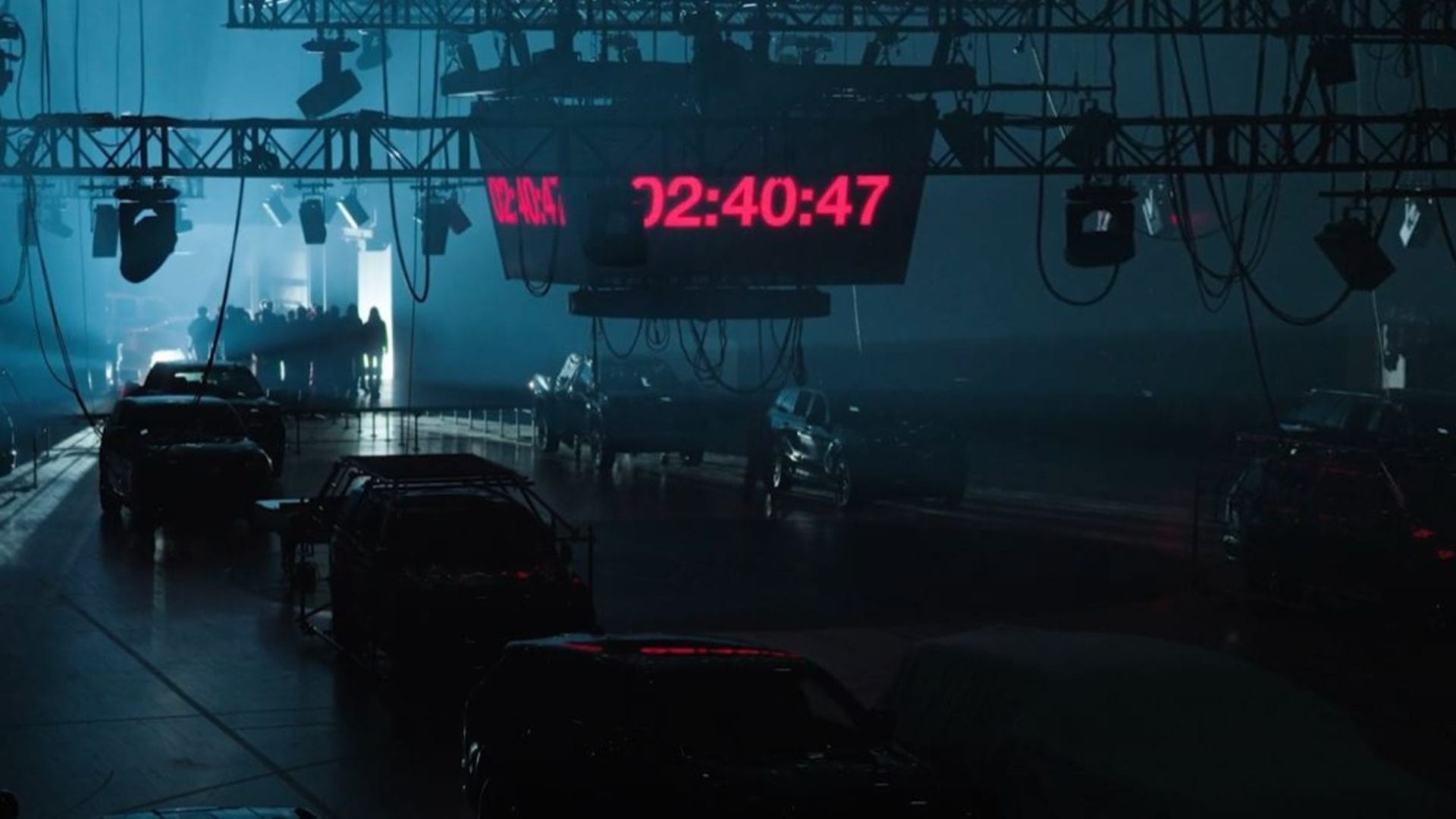
A Worm’s Eye View from a Bird’s Beak
“A Worm’s Eye View from a Bird’s Beak” by Raven Chacon, at Swiss Institute in New York, January 25 – April 14, 2024.
Swiss Institute (SI) is pleased to present A Worm’s Eye View from a Bird’s Beak, Raven Chacon’s first major institutional solo exhibition, organized in partnership with Nordnorsk Kunstmuseum in Tromsø, Norway. A 2023 MacArthur “Genius” Fellow and the first Native American artist to receive the Pulitzer Prize for music in 2022, Chacon works through sound, video, scores, performance, and sculpture to address Indigenous sovereignty and environmental justice. The show brings together groundbreaking works from the last 25 years with a newly commissioned sound and video installation, novel iterations of pioneering works, and a major public art mural on SI’s building. The exhibition spans diverse geographic contexts: Sápmi (the Sámi homeland traversed by the present-day nation states of Norway, Sweden, Finland, and Russia) and Lenapehoking, or New York, in Turtle Island. Both locations share Indigenous histories and presents that colonialism has attempted to eradicate for centuries. Yet they are also sites where resilience, or, in the words of cultural theorist Gerald Vizenor, survivance, continues to thrive.
Upon entering the exhibition, the score American Ledger No. 1 (2018) displays a graphic meditation on the founding of the United States in chronological descending order. Made for sustaining and percussive instruments, coins, axe and wood, a police whistle, and a match, the piece narrates moments of contact, enactment of colonial laws, events of violence, the building of cities, appropriation of land, and attempts to excise Indigenous worldviews. At the center of SI’s first-floor gallery is Chacon’s sound installation, Still Life No. 3 (2015). Through a series of speakers installed in a cascading arch, a woman tells the Navajo story of origins, which comprises four worlds below and several others above. But rather than conceiving of the worlds below as the past and the worlds above as the future, in the linear way that Western narratives might suggest, in Navajo cosmogony these multiple worlds still, or already, exist. Parts of the creation myth repeat and overlap, blurring its progression and allowing multiple temporalities to coexist and affect one another. Further inside the gallery, Report (2001/2015), a composition and score for an ensemble of firearms, punctuates silence through a cacophony of both power and resistance.
On the second floor, Chacon’s new video installation For Four (Caldera) (2024) features four women standing on a volcanic hollow in the Jemez Mountains of New Mexico, reading the panorama of their natural surroundings and expressing what they see through song. For a new iteration of Still Life No. 4, Chacon sounded a Diné drum from the collection of the Smithsonian National Museum of the American Indian that had not been played in a long time and recorded the beat, playing it back at listening stations at SI and elsewhere at different tempi ranging from fast to slow the further each station is located from the drum. Field Recordings (1999) from the American Southwest magnify sounds of silence to produce noise that reveals the vibrational patterns of these locations. In addition, throughout the building, viewers are invited to take and perform prints of scores. Painted as a large-scale mural on the outside façade of SI facing St Marks Pl, the new score for Vertical Neighbors (2024) will be activated during the exhibition with a performance, alongside expansive public programming throughout the duration of the show.
A Worm’s Eye View from a Bird’s Beak highlights the multidisciplinary depth of Chacon’s prolific practice of the past 25 years. Between past, present, and future, silence and noise, violence and resilience, Chacon’s work proposes new as well as ancient ways of relating through which alternative politics may be glimpsed.












fakewhale
Founded in 2021, Fakewhale advocates the digital art market's evolution. Viewing NFT technology as a container for art, and leveraging the expansive scope of digital culture, Fakewhale strives to shape a new ecosystem in which art and technology become the starting point, rather than the final destination.
You may also like
In Dialogue with Lolo & Sosaku
Introducing Lolo & Sosaku Artist: Lolo & Sosaku – Birthplace: Buenos Aires, Argentina,
15 – Reality Celebrity Clone Wars
Somewhere in the Forest, Montana, United States Whatever it was looked rabid, running violently and
Between Prom Nights and Protest Signs: Anne Imhof’s DOOM House of Hope at the Park Avenue Armory
We at Fakewhale followed the buzz around Anne Imhof’s much-anticipated return to New York, where h




